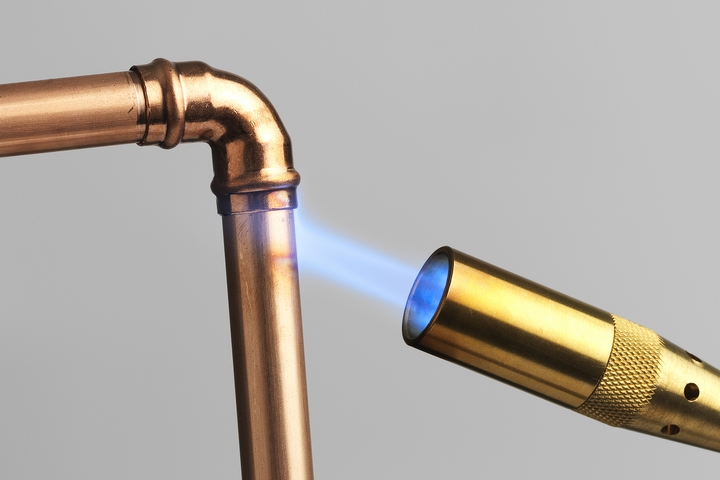
Plumbing isn’t a skill we all have the benefit of learning. Perhaps it should be taught in high school, similar to a home economics class that doesn’t really exist anymore. A simple dripping faucet could be easily fixed, but could also cost hundreds of dollars. While some issues are best handled by professional plumber, there are some simple things you can learn to manage minor issues at home. However, for people that don’t know the first thing about plumbing, here are eight useful tips and tricks to ensuring you are not only maintaining your plumbing system, but that you are able to fix basic problems.
1. Check Your Showerhead

A showerhead will typically tell you when it is having issues. For example, your water may be coming out cold, it could be coming out with low water pressure, or it could start running when you are using the shower faucet. Many people put this off. However, fixing a showerhead early on can help you avoid costly repairs down the road. A good place to find more resources is at the Express Rooter website.
2. Remove clogs sans chemicals

It is often appealing to buy chemicals to clear a clogged drain. However, you can also clean the clog manually by using a drain snake. It is simple, efficient and can be used time and time again. You simply insert the drain snake into the base of the drain and then pull it out. It will save you a good bit of money and can be cleaned with a simple bleaching.
3. Use Heat to Loosen Old Pipe Fittings

First thing, ensure you apply heat only directly to the pipe fittings – which should be older, metal water pipes. Simply use a small propane blower for 30 seconds on and 30 seconds off to heat up the pipe. This should allow it to easily slide off.
4. Utilize Primer

If you are attempting to apply glue to any piece of pipe, make sure you first apply a primer. Many people skip this job in order to make the job easier, only to end up having to redo the job a mere few months later. However, a simple coat of primer will make the job last exponentially longer.
5. Manage Your Water Pressure

If you are feeling low water pressure there may be a simple solution. A lowered water pressure is often related to a simple clog, a leaky faucet, a leaking pipe or a minor blockage. These can all be tackled at home and should be tackled as soon as you feel your water pressure is dropping.
These five tips can help you avoid major repair costs and maintain a healthy plumping system in your home! Remember, if you find yourself overwhelmed, it is always best to call a professional plumber rather than risk leaving the issue to continue to get worse.